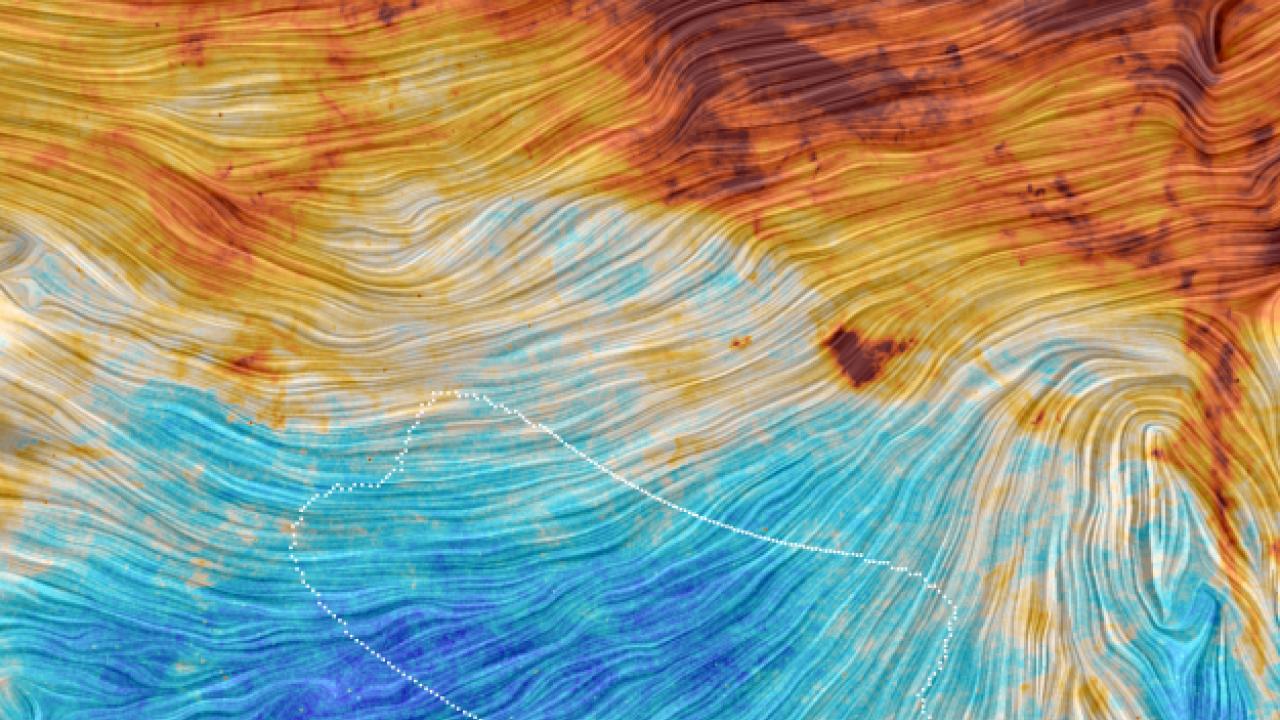
Scientists who last year announced the detection of cosmic inflation--a very brief accelerated expansion that the Universe may have experienced when it was only the tiniest fraction of a second old--now say that the signals pointing to the discovery were mostly caused by interstellar dust.
In a new paper, "A Joint Analysis of BICEP2/Keck Array and Planck Data," submitted to the journal Physical Review Letters, scientists report that the interpretation of the earlier, much-publicized result as evidence for gravitational waves is no longer certain, once dust contamination is taken into account.
The observations on which the paper are based were carried out by the European Space Agency's Planck satellite along with the BICEP2 (Background Imaging of Cosmic Extragalactic Polarization 2) and Keck Array telescope experiments.
Theoretical cosmologists had predicted, back in the 1980s, that the Big Bang was followed by a period of 'inflation' - an exponential expansion of the incredibly hot, dense and tiny mass that occurred in the first milliseconds after the Big Bang. In 2002, ICTP awarded its top physics award, the Dirac Medal, to three physicists who have made critical contributions to cosmic inflation theory: Andrei Linde, Alan Guth and Paul Steinhardt.
Inflation makes certain predictions, including presence of indelible markers left behind by gravitational waves in the oldest light in the sky, the Cosmic Microwave Background. The BICEP2 collaboration, which made last year's announcement, believed their data showed the characteristic twist in the oldest light that only gravitational waves moving through the universe in its inflationary phase could have produced.
ICTP cosmologist Paolo Creminelli admits the latest results are a setback. "In practice we are back to the situation we were at before the BICEP2 claim. The cosmic inflation theory does not really predict firmly what the value of the amplitude of these gravitational wave signals should be, so there is no well- defined target, although some reasonable estimates," he explains.
However, Creminelli says that the results of the latest BICEP2 and Planck data, combined with other ongoing experiments, give hope to the cosmology community. "The BICEP experiments have shown that, experimentally, there is no problem reaching the levels of sensitivity needed to detect gravitational waves; now the challenge is to learn how to separate dust contamination from the primordial signals," he says.
















